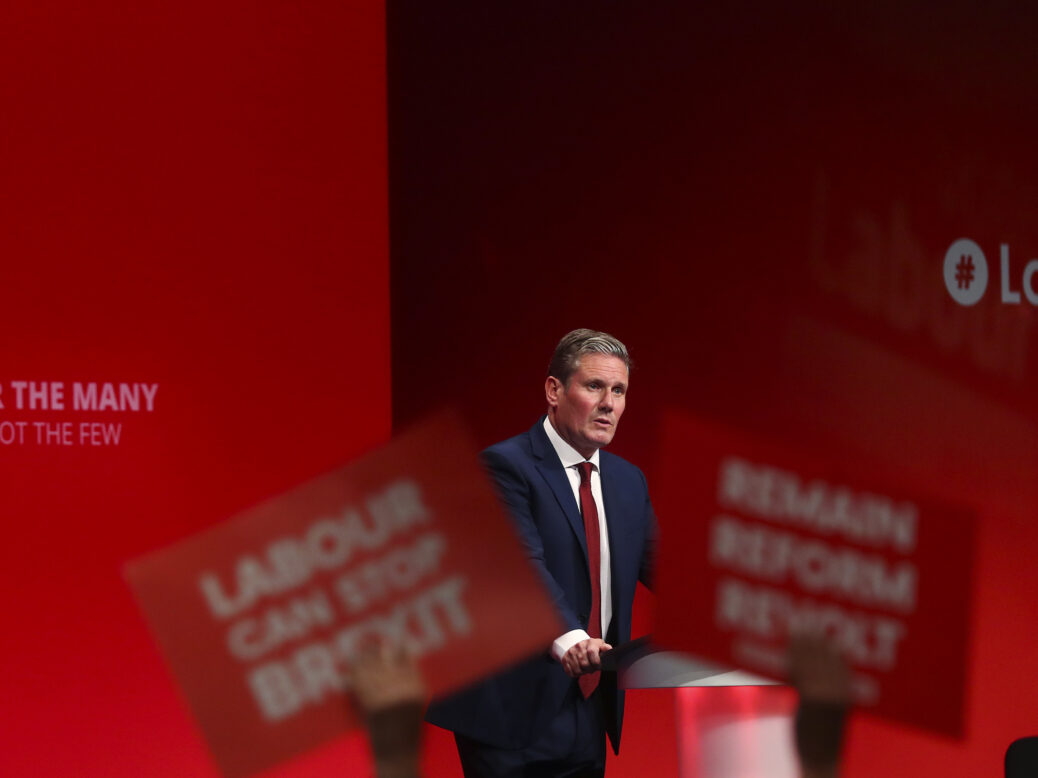
Next week’s Labour conference will be dominated by high-stakes votes with serious consequences for the party’s direction and for Keir Starmer in particular. That’s what most people believe. But the reality is that the most important day in the conference isn’t when MPs, delegates and ordinary members rock up in Brighton: but today.
[see also: Keir Starmer needs to be clear about who his project’s enemies are]
Today is the last meeting before conference of the Trade Union and Labour Party Liaison Organisation (“Tulo” for short) between officials in the Labour leader’s office and senior representatives of Labour’s 12 affiliated trade unions. For the most part, the affiliated unions will vote as one, to maximise their influence and to avoid the Labour leadership undercutting them. There are important exceptions, particularly on transport policy and nuclear power, where the interests of many of the trades unions are sometimes in direct conflict (airport expansion is great for Unite, but the benefits of it are less clear for Aslef, the train drivers’ union). One important area of divergence this year will be the vote to confirm David Evans, Starmer’s preferred choice of Labour general secretary. Unite has already committed to voting “no”, but the support of most of the affiliated unions is still up for grabs.
But for the most part, differences between the unions are hammered out at Tulo, with the unions tending to vote as one on the conference floor. That matters because the trades unions have half the votes at Labour Party conference. As no Labour faction is ever going to be disorganised enough to fail to win a 5 per cent share of the elections to send delegates to conference, once the unions have made up their mind the only thing decided by the party’s lay membership is the scale of a vote’s result. The Labour Party members might decide whether a measure is carried or defeated by a heavy margin or only narrowly rejected or accepted, but the actual result has, for the most part, been set by the time that Tulo finishes its negotiations.
Many observers inside and outside Labour (myself included) thought that Starmer’s proposal to bring back the electoral college was, as one trade unionist put it to me, a “burnt offering” to the Tulo process: something that would be rejected during the discussion to make it politically easier for the unions and the leadership to pass a package of measures that significantly increase the influence of the trades unions and the Parliamentary Labour Party at the expense of party members. Whether that suspicion is right or not, it is today’s Tulo meeting of Tulo, and of the party’s ruling National Executive Committee, that will ultimately decide whether Keir Starmer’s conference is a success or a failure: what happens on the conference floor next week will, in a very real sense, mostly be theatre.
[see also: Can Keir Starmer break Labour’s losing streak?]





